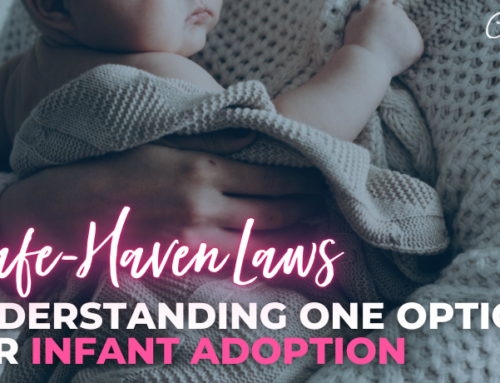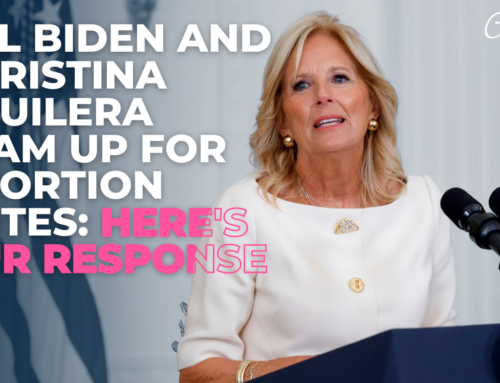When making decisions about our health, we like to have as much understanding and clarity as possible. We want to know the risks, weigh the options, and make choices that align with our values and beliefs. In the medical world, it’s common knowledge that every procedure carries its own risks, and patients are supposed to be fully informed of the potential outcomes before consenting to any medical procedure. Accordingly, patients are encouraged to educate themselves, have open discussions with their doctors, and carefully consider the possible outcomes.
Yet, when it comes to abortion, it seems like finding clear, unbiased information can be a daunting task.
Exploring the Medical Risks of Abortion
Studies have shown that abortion carries risks for the woman undergoing the procedure, not only with respect to her immediate health but also for future pregnancies. Some research suggests links between abortion and the following conditions:
- Breast cancer
- Pre-term birth in subsequent pregnancies
- Increased rates of mental health issues like PTSD and depression
A search on PubMed and Google Scholar unveils thousands of medical articles (and debates) concerning the physical aftereffects of abortion, encompassing evaluations of recent data from China.
Yet, locating all the above research online can be almost impossible for many. There appears to be a prevailing consensus among mainstream medicine against even having this conversation.
What Happened to this Pro-Abortion Journalist?
In her documentary, “Hush: A Liberating Conversation about Women’s Health and Abortion,” investigative journalist Punam Kumar Gill sheds light on the challenges of discussing abortion’s aftereffects. Gill’s attempts to engage with prominent medical institutions on the topic were met with silence and deflection.
It’s worth noting that Gill embarked on this investigation with a pro-abortion stance; her sole intention was to gather information and investigate the topic with an open mind.
But, instead of open dialogue, she found institutions referring her to their websites, where information from a 2003 conference seemed to downplay any link between abortion and breast cancer. To her astonishment, not a single one of them agreed to an interview, nor would they even entertain a conversation.
Every door seemed firmly shut, with each institution echoing the same sentiment: the matter was settled, and all necessary information could be accessed on their respective websites. It was almost as if they were all reading from the same script.
Left with no alternative and growing increasingly suspicious of those dismissing any connection, Gill turned to their websites. Each institution referenced the same 2003 conference organized by the NIH cancer division, the National Cancer Institute (NCI), where it was asserted definitively that there existed no association between abortion and breast cancer. Upon uncovering this information, she attempted once more to engage with someone at the NCI, even going as far as visiting their premises in person. However, upon her arrival, security promptly escorted her off the premises. The question loomed: What was truly happening here?
However, Gill’s perseverance led her to question the validity of the conclusions drawn. It raised important questions about the integrity of medical research and the potential influence of political agendas on scientific discourse. The purposeful suppression of dissenting voices and the manipulation of information for political purposes undermine the essence of informed decision-making, denying women the opportunity to make choices based on complete information.
The Information Age?
In a world where information is readily available, the deliberate obscuring of crucial data is concerning. Search engines such as Google filter results and databases may obscure findings. And, of course, social media platforms wield the power to permit or prohibit content as they see fit. Recently, YouTube removed three videos by the Ruth Institute discussing abortion risks.
Advocating “Choice” While Suppressing Information
It is concerning that those advocating for abortion rights and the importance of “choice” are apparently involved in suppressing data and information that could empower women to make genuinely informed decisions. It belies the notion that there is transparency and integrity in the discourse surrounding abortion. After all, true “choice” requires an environment where all relevant information is readily available and openly discussed.
At Choices Pregnancy Centers in Arizona, we believe you should have all the facts about abortion. Advocates and medical professionals are standing by, ready to talk to you, hear your concerns, and answer your questions. We offer free consultations, as well as pregnancy services. Make an appointment today!







